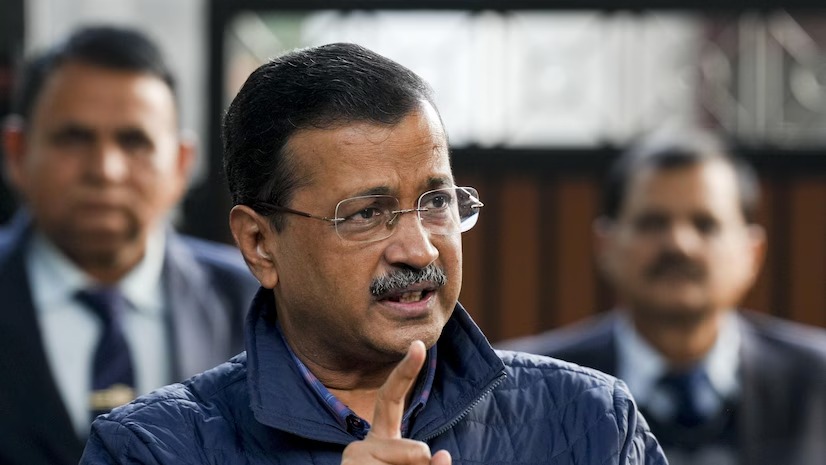Arvind Kejriwal’s Delhi Election Pledge: Rs 18,000 for Priests
As Delhi’s assembly elections draw near, Arvind Kejriwal, the Chief Minister of Delhi and leader of the Aam Aadmi Party (AAP), has made a significant promise. If AAP wins, Kejriwal vows to pay priests in Delhi a monthly salary of Rs 18,000. This pledge has sparked a great deal of debate, especially among religious communities.
The Promise: Rs 18,000 for Priests
Kejriwal’s promise to provide Rs 18,000 per month to priests has drawn considerable attention. Priests who serve in temples, gurudwaras, mosques, and churches often earn little and rely on donations. This pledge aims to fix that by offering a steady income. The Rs 18,000 will improve the financial stability of priests, allowing them to focus more on their spiritual duties.
The government will fund these salaries, ensuring that priests have a guaranteed income. This initiative recognizes the important role priests play in society and seeks to provide them with long-term financial support.
Impact on Religious Communities
The pledge has generated mixed reactions. Many religious leaders and followers support the decision, seeing it as an acknowledgment of the vital work priests do. Priests, who have long struggled with inconsistent incomes, will benefit from a stable salary, giving them peace of mind to focus on their spiritual duties.
However, some critics argue that this move could politicize religious figures. They worry that priests might become aligned with political agendas rather than serving their communities impartially. Kejriwal has tried to ease these concerns, insisting that the plan’s goal is to support priests who selflessly serve others.
Why Rs 18,000?
Kejriwal explained that the amount of Rs 18,000 was chosen based on the cost of living in Delhi. It covers essential expenses such as food, housing, and transportation. This amount allows priests to live with dignity while fulfilling their religious roles. While it may seem modest in other parts of India, Rs 18,000 is a respectable wage in Delhi, especially for those with no other sources of income.
Kejriwal also promised that the government would make the payments directly, ensuring transparency.
Political Implications of the Pledge
Kejriwal’s pledge fits into AAP’s broader strategy of appealing to various voter groups. AAP has built its reputation on welfare programs, and this promise aims to address religious communities’ concerns. By supporting priests, Kejriwal hopes to gain support from voters who view religious leaders as important figures in their lives.
Opposition parties have criticized the promise, accusing Kejriwal of seeking electoral gain by winning favor with religious groups. Some also question whether Delhi’s finances can sustain such a scheme. Nevertheless, Kejriwal defends his position, calling it a small price to pay for supporting those who contribute to society’s spiritual and moral fabric.
A Step Toward Social Welfare?
The success of this promise depends on the results of the Delhi elections. If AAP wins, Kejriwal has committed to implementing the scheme. This could greatly impact the relationship between the government and religious institutions in Delhi. The pledge also aligns with Kejriwal’s broader philosophy of supporting marginalized groups.
For many priests, especially in poorer areas, a guaranteed salary would provide much-needed financial stability, allowing them to focus on their religious duties.
Conclusion
Arvind Kejriwal’s promise to pay priests Rs 18,000 per month if AAP wins the Delhi elections is bold and controversial. It highlights the growing role of religious communities in India’s politics and demonstrates Kejriwal’s strategy of appealing to a wide range of voters. Whether the promise becomes a reality remains to be seen, but it has sparked important discussions about the role of religion in politics and the support that religious figures need in today’s society.


0 Comment